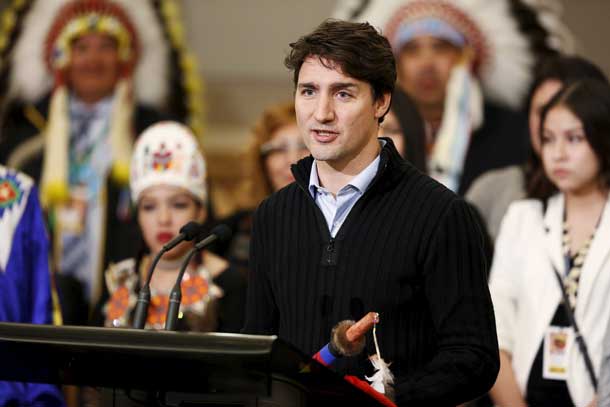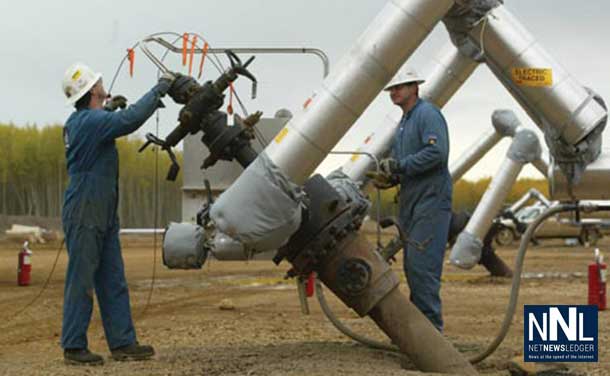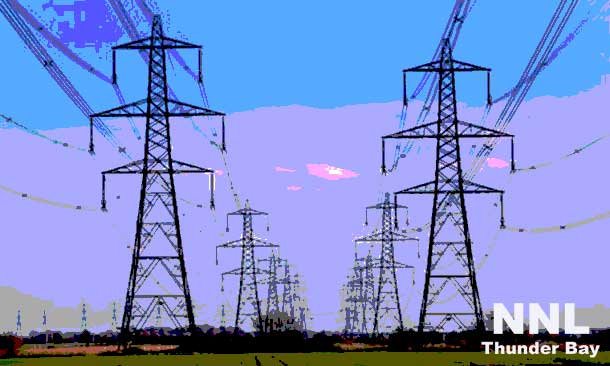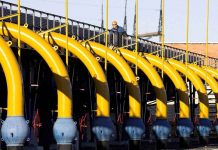
As proud owners of this stinking mess, Trudeau and Morneau are going to find out first-hand the challenges the oil and gas industry has had to face over the years
By Shaun Polczer
Columnist
CALGARY – ENERGY – American author Robert Byrne once opined: “Until you’ve walked a mile in another man’s moccasins, you can’t imagine the smell.” It’s time to smell the roses on the Trans Mountain pipeline.
The federal government is about to stumble 1,770 kilometres in the oil industry’s shoes over the Federal Court of Appeal’s decision to revoke approvals for the Trans Mountain expansion to the West Coast.
The court decision has resulted in such a debacle on so many levels it’s hard to know where to begin.
And the repercussions are going to be widespread and profound, not just for the oil and gas industry. We also have to add climate change policy, Indigenous land claims, regulatory issues, budget deficits and, ultimately, national unity to the mix.
As proud owners of this stinking mess, Finance Minister Bill Morneau and Prime Minister Justin Trudeau – and, by extension, all Canadians – are going to find out first-hand the almost insurmountable challenges the oil and gas industry has had to deal with in navigating the government’s own inept regulatory process.
We’re talking flight of capital, regulatory uncertainty, a lack of markets resulting in depressed prices for publicly-owned natural resources that cost taxpayers – as the rightful owners of a trillion barrels of oil-soaked mud – more than $20 billion a year.
That’s a lot of schools and roads that aren’t getting built. It’s also a lot of dinero that’s subsidizing American motorists at the gas pump because we can’t get our crude off Canadian shores.
Little wonder that barely 20 minutes before the Federal Court of Appeal decision was handed down, Kinder Morgan shareholders in Texas almost unanimously voted to dump the whole reeking pile onto the backs of the Canadian taxpayer for the relatively paltry sum of $4.5 billion, notwithstanding the $7.5-billion expansion that’s been tied up in red tape for the better part of a decade and possibly another decade more.
It came hard on the heels of Alberta Premier Rachel Notley breaking ground on the project in a carefully staged photo-op replete with shiny hardhats and prop shovels that looked good for the cameras. She might as well have held a sign that read “Mission Accomplished.” Presumably everyone in the photo – and some 1,200 workers who weren’t – were laid off soon after.
Except for the Premier, of course, even though she’s staked her political future on getting Trans Mountain built. That isn’t going to happen before next year when she stands for re-election.
Notley, who imposed a comprehensive carbon tax on Albertans – on home heating bills in the coldest, cruelest winter months – as the price to pay for a social licence to build pipelines, was left with oil-saturated mud in her hands.
What else could she do but withdraw from Ottawa’s climate change plan?
Especially with United Conservative Party (UPC) Leader Jason Kenney spoiling for a fight with both Notley’s NDP and Ottawa on the issue. Polls suggest he’s poised for a landslide victory, which may not be a good thing for the province and the oil patch if it causes more uncertainty over the longer term.
Kenney even resurrected the long-dead corpse of western separatism – presumably from his days as a card-carrying member of Western Canada Concept, which eventually morphed into the Reform Party — as some kind of idle threat.
That kind of talk is all hat and no cattle, even in Alberta. Separatism won’t fly in this province, even if it does make for good copy in the Toronto Star. That’s because there’s a resignation in the furthest reaches of the province that the Federal Court of Appeal isn’t really to blame. Ottawa is. Canada is a country of laws and Albertans are Canadians first. But it has to work for everybody.
Lest the green-necks think they won a major victory, a good way to start is to settle Indigenous land claims in British Columbia, the only province that has yet to settle comprehensive treaties with its First Nations. It’s a stain on their cause because they’re using Indigenous rights as a cover for their own anti-oil agenda, which is as shameful as it is legally wrong.
B.C. is the only province to use a referendum (under former premier Gordon Campbell) to use the tyranny of the majority to vote away minority Indigenous rights. No matter. The courts have consistently sided with Indigenous groups and will continue to do so. In the interim, oil companies are forced to act as social development agencies when they’re simply not equipped to do so.
That’s a moral and legal responsibility of governments. And that’s why governments really shouldn’t be involved in owning oil and gas assets, even if it was the right thing for the feds to buy Trans Mountain.
It’s water under the bridge at this point.
So how to fix it?
Assuming it can be fixed, Ottawa has to streamline the regulatory process, even if it means blowing it up and starting from scratch. Bill C-69, the Impact Assessment Act, could be a huge conflict of interest now that the feds own Trans Mountain, but there’s no other choice.
Climate change policy needs to be rethought as well – as Notley rightly said, any climate change accord without Alberta “isn’t worth the paper it’s written on.”
That may cause some embarrassment for the prime minister and his Paris treaty clique, who now find themselves carbon taxing their own pipeline.
This is going to cost at least $15 billion to the public purse at the end of the day, or more. Little wonder the feds are reluctant to disclose the true cost. They simply have no clue.
The real message is that it’s time to get real and ditch the unicorns and rainbows in favour of a policy that can ensure responsible – and legal – resource development once and for all.
It isn’t about money anymore. The future of the country hangs in the balance.
Energy reporter Shaun Polczer has more than 20 years of experience covering domestic and global financial markets in Canada, the United Kingdom and the United States, with an emphasis on the Alberta oil and gas sector.
© Troy Media
The views, opinions, and positions expressed by all columnists and contributors are the author’s alone. They do not inherently or expressly reflect the views, opinions and/or positions of NetNewsLedger.







